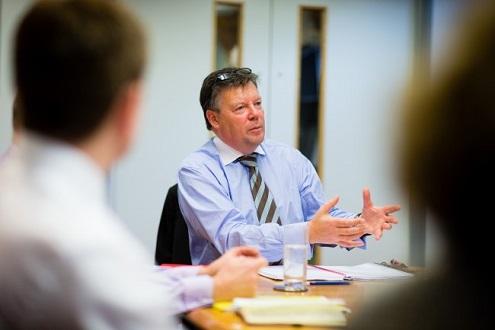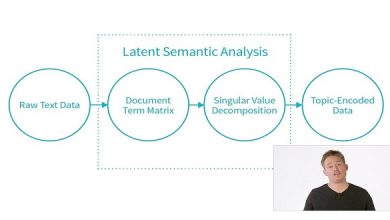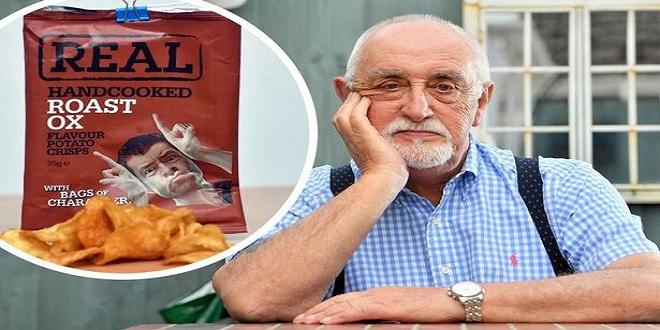Mark Roy Founder of Read Group

Mark Roy’s first choice of career was short-lived. He performed with the National Youth Theatre as a child and after taking a degree in creative arts had big plans to become an actor. But when he did not get the first major part he went for, as Romeo in Shakespeare’s Romeo and Juliet, he promptly decided to forget the whole idea. He says: ‘Unfortunately I am not very good at surviving without money. I’m not the sort of guy who can go on for years working as a waiter and attending auditions and being rejected. I decided enough was enough.’
Born and brought up in East Sussex, Roy admits he has always been motivated by the prospect of hard cash. Indeed, when his English teacher praised his acting ability and told him he should try to get into the National Youth Theatre, she bet him £5 that he would not be accepted, simply to spur him on. Roy says: ‘She had obviously latched on to the fact that a financial incentive was the way to my heart.’
He got the position and gradually worked his way up through the publishing world, eventually helping to launch several magazines. He moved on to become marketing director for a travel company. While he was working there he hit on a new approach to marketing that focused on trying to retain existing customers rather than constantly trying to get new ones.
He says: ‘I turned the concept on its head and started to look at why a company was losing customers. Because losing fewer customers actually costs less than gaining more customers.’ Inspired by his idea, which he dubbed ‘negative marketing’, Roy decided to invest his life savings of £25,000 to set up his own consultancy advising companies on how to put his ideas into practice. Unfortunately, his timing was terrible. It was 1990 and British firms were battling recession.
But having invested all his savings in the business, Roy could not afford to just walk away. So he took on a contract to supply direct mail companies with a database of people who had recently moved home. Initially creating the database was simply a way of keeping his consultancy afloat, but then one day Roy realized that he could apply his negative marketing concept to direct marketing.
He decided to create a database of people who had left their old addresses, so companies could stop sending them mail. Roy says: ‘Companies were spending millions of pounds a year mailing to people who had not lived at the address they had for them for years. They were just wasting money. I suddenly realized I had a business proposition to put to organizations.
I had created a win-win scenario.’ But mail sent to old addresses was only one problem that needed a solution. When his father died in 1999, Roy suddenly realized there was a huge need to create a way for direct mail companies to stop sending mail to recently deceased people. He says: ‘Mailing to somebody who lived at an address 10 years ago is a pain in the neck. But getting mail for someone who has recently died in your family is another kettle of fish altogether.
It is distressing and upsetting. Every morning my mother would be inundated with mail addressed to my father, which would remind her he wasn’t there anymore.’ Roy’s solution was to create the Bereavement Register, a database of deceased people that direct mail companies can use to remove names from their lists. Relatives can contact the register and get a name deleted from hundreds of mailing lists. More than 2.8 million people have registered. Tragically, six months after the register was launched Roy’s wife, Sarah, suddenly died of brain cancer.
Last word
He adds: ‘It’s nice to be able to do well financially, but it’s also nice to lie in bed at night thinking I’m doing some good as well. There are so many people who are pissed off doing the job they do and you think, well why are you doing it? Life is not a rehearsal.




